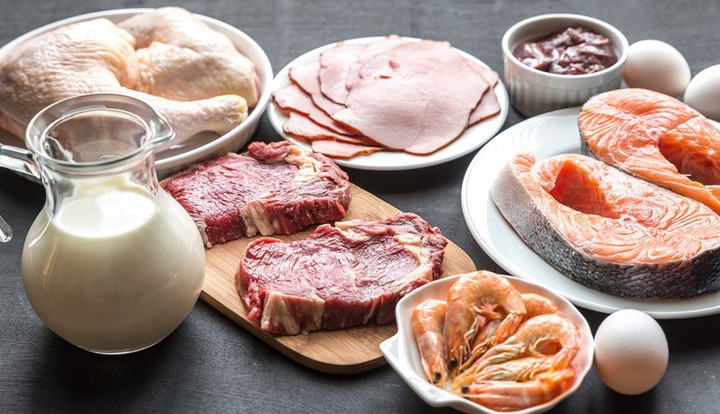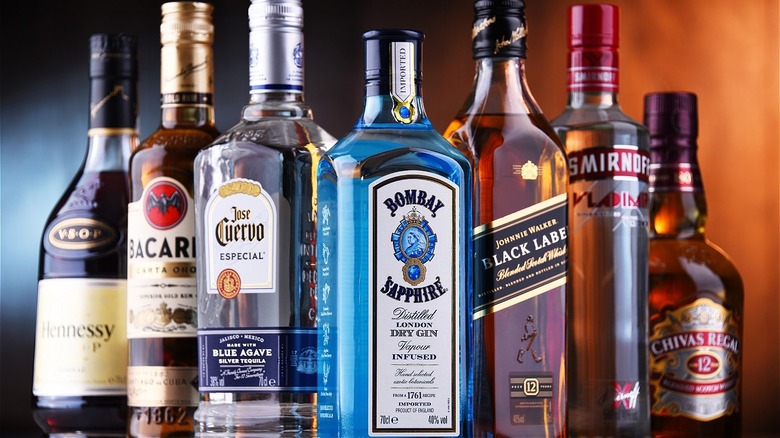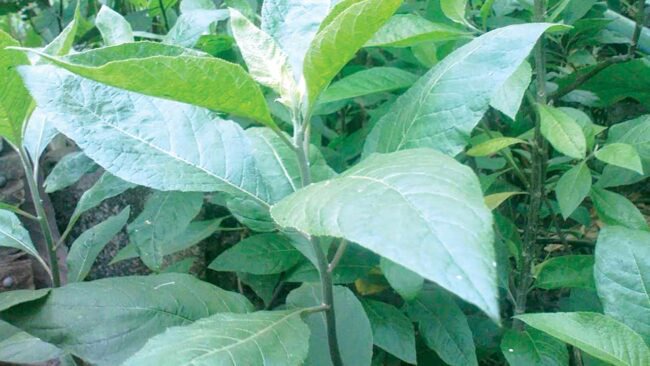
In the fast-paced world of culinary adventures, it’s crucial to be mindful of what goes into our plates. While our taste buds often guide us, there are certain foods that, when consumed mistakenly, can turn into culinary villains, wreaking havoc on our health. Let’s delve into the perilous realm of potentially poisonous edibles that should be avoided at all costs.
1. Bitter Almonds: A Toxic Temptation
Bitter almonds may seem harmless, but beneath their innocent appearance lies a toxic secret. Containing cyanide, a lethal compound, bitter almonds can spell disaster if consumed in sufficient quantities. Stick to the safe alternative—sweet almonds—to savor the nutty goodness without risking your well-being.
2. Raw Kidney Beans: The Uncooked Conundrum
Kidney beans are a staple in many dishes, but consuming them raw is a recipe for trouble. Raw kidney beans contain lectins, a type of protein that can be toxic, causing symptoms like nausea and vomiting. Ensure these legumes are thoroughly cooked to neutralize the harmful lectins and enjoy them safely.
2.1. Soak and Cook: The Kidney Bean Ritual
Before cooking, soak kidney beans for at least five hours and then boil them for a minimum of ten minutes. This simple ritual ensures that you savor the flavors without compromising your health.
3. Nutmeg: A Dash Too Dangerous
A pinch of nutmeg adds warmth to dishes, but beware of overindulgence. Consuming large amounts of nutmeg can lead to myristicin toxicity, causing hallucinations, dizziness, and nausea. Embrace moderation and let nutmeg enhance your culinary creations without turning them into a hazardous experience.
4. Potatoes Gone Green: A Tinge of Trouble
Potatoes are a versatile delight, but a greenish tint spells danger. When exposed to light, potatoes produce solanine, a toxic compound that can cause nausea, vomiting, and even neurological issues. To avoid this, store potatoes in a cool, dark place and cut away any green-tinged areas before preparing your favorite potato dishes.
4.1. Peel and Prosper: Safely Enjoying Potatoes
Peeling potatoes before cooking significantly reduces the risk of solanine consumption. Embrace the peel-and-prosper mantra to savor your spuds without compromising your well-being.
5. Rhubarb Leaves: The Mischievous Greens
Rhubarb, a delightful addition to desserts, harbors a sinister side in its leaves. These leaves contain oxalic acid, which can be toxic when ingested. Stick to the stalks for that tangy goodness and steer clear of the leaves to ensure a safe and delectable rhubarb experience.
Stay Savvy, Stay Safe: A Final Note
In the world of gastronomy, knowledge is your best ally. By steering clear of these culinary landmines, you can ensure that your dining experiences are not only delicious but also safe. Embrace the joy of cooking with awareness, and let your culinary adventures be a testament to the art of mindful indulgence. Remember, a well-informed palate is a healthy palate!
Source: m.dailyadvent.com




